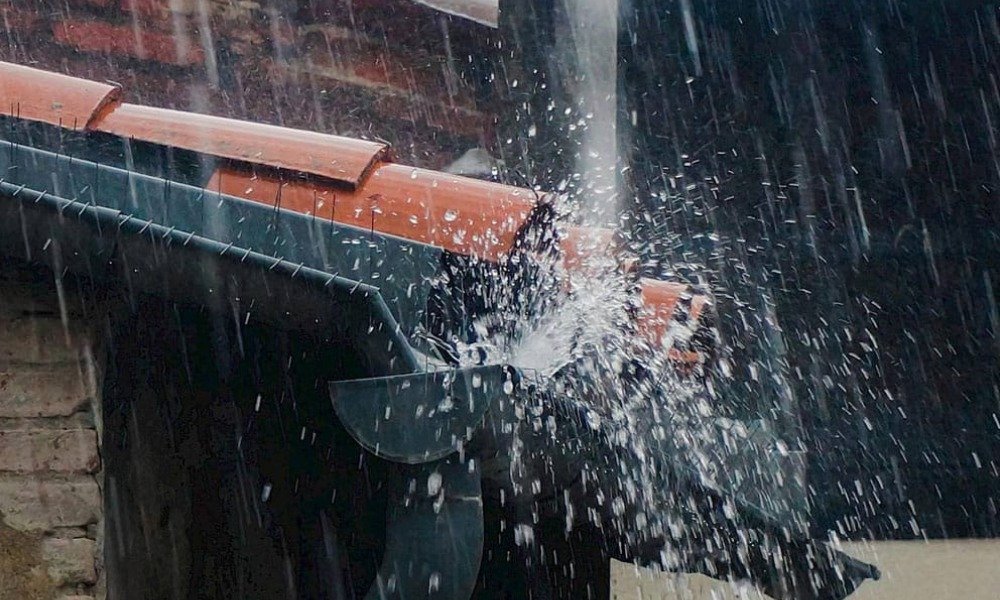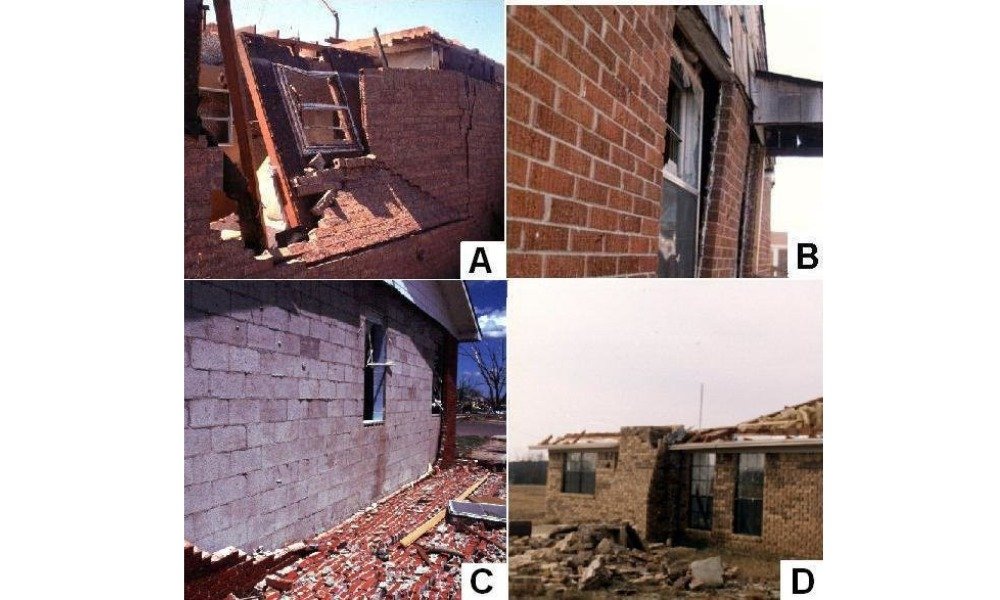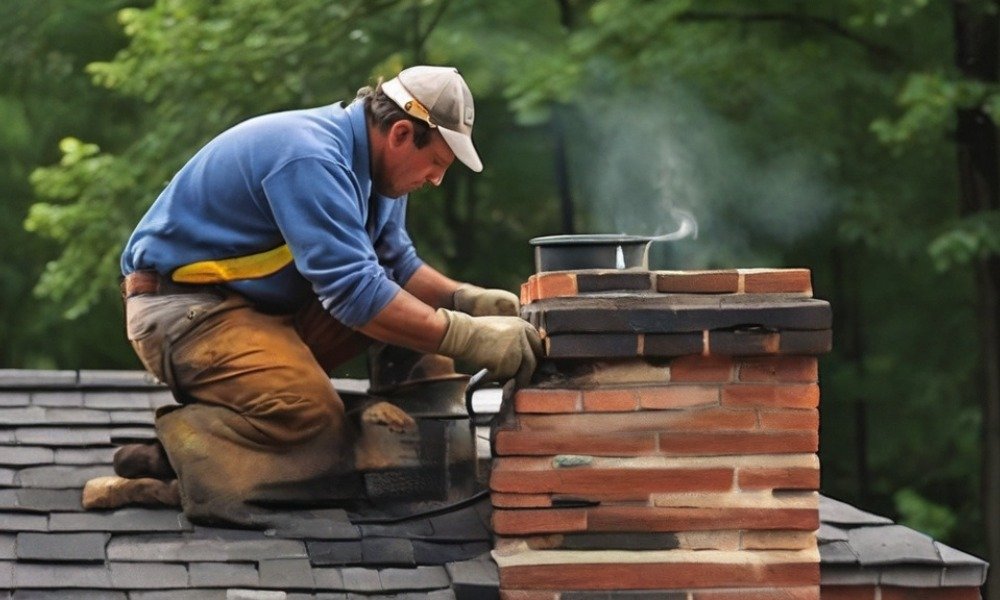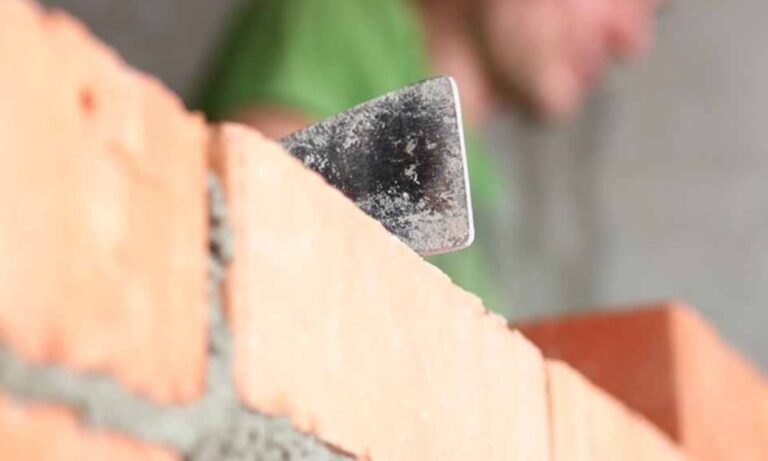Estimated reading time: 4 minutes
Weather can be a silent partner in preserving your structure or a relentless force trying to tear it down. Over the years, I’ve learned that understanding how the elements affect brickwork, stone, and concrete is crucial to keeping them in excellent condition. Let’s talk about how weather interacts with your walls, patios, and walkways—and how you can stay ahead of potential issues.
What You’ll Learn
- How temperature extremes influence structures.
- The role of moisture—both too much and too little.
- Wind’s surprising effects on outdoor features.
- Practical tips to protect your investment year-round.
Temperature Extremes and Their Effects
Cold Weather and the Freeze-Thaw Cycle
Freezing temperatures cause water trapped in small cracks to expand, leading to larger fractures over time. It’s like nature’s way of pushing bricks and mortar apart—slowly, but surely.
Here’s what I do to fight back:
- Add winter-safe solutions to mortar for flexibility.
- Insulate fresh work with covers.
- Preheat materials before laying them during frosty months.
If you’re noticing damage caused by cold weather, it might be time to consider repairs. Check out Signs Your Home Needs Masonry Repair for more details on spotting trouble early.
Dry Heat’s Impact on Construction
Hot and dry conditions rob mortar of moisture too quickly, weakening its bond. Think of it like baking cookies in a blazing oven—they dry out and lose their structure.
What works for me:
- Schedule work during cooler parts of the day.
- Mist materials periodically to keep them hydrated.
- Use shading to block direct sunlight on freshly built areas.
Moisture: Friend or Foe?
The Problem With High Humidity
Excessive moisture slows down drying times, which might not seem like an issue—until mortar remains soft for too long and becomes vulnerable to damage.
What helps:
- Set up fans or dehumidifiers on especially muggy days.
- Allow more time for materials to cure before adding weight.
Rain and Water Damage

Rain loves to infiltrate porous surfaces like bricks, causing discoloration and structural issues over time. Ever seen white streaks or powder on walls? That’s efflorescence, a sign of water seeping in and leaving mineral deposits behind.
Preventative measures I swear by:
- Apply waterproofing products to vulnerable surfaces.
- Keep gutters and drains clear to divert water away from walls.
The Unseen Challenges of Wind

Wind isn’t just annoying on job sites—it dries out fresh mortar prematurely and can blow debris into the mix, weakening its integrity.
Here’s how I manage windy days:
- Set up barriers to block gusts.
- Cover fresh work to shield it from dust and dirt.
For more insights on how to maintain different surfaces, Masonry Services Explained breaks down techniques from repairs to restoration.
Seasonal Care Tips
Keeping your masonry in good shape requires year-round attention. Here’s my quick seasonal breakdown:
Spring
- Check for damage caused by winter’s freeze-thaw cycles.
- Reapply waterproofing as needed to prepare for spring rains.
Summer
- Work early or late in the day to avoid the sun’s peak heat.
- Keep materials hydrated to prevent cracks and shrinking.
Fall
- Clear gutters and ensure water flows away from the base of structures.
- Perform repointing to fix weakened joints before cold weather sets in.
Winter
- Use protective covers on exposed areas.
- Remove snow and ice promptly to prevent water penetration.
Want more ideas? Top 7 Benefits of Hiring Professional Masonry Contractors offers expert advice on maintaining your surfaces.
When to Call in the Experts
Sometimes, DIY won’t cut it. If you’re dealing with persistent water problems, large cracks, or unexplained deterioration, it’s time to reach out to professionals. Experienced contractors can diagnose and resolve issues before they escalate.
Need help choosing the right person for the job? Don’t miss How to Choose the Right Masonry Contractor for Your Home.
Final Thoughts
Weather is unpredictable, but keeping your structures in good condition doesn’t have to be. By understanding how different elements—like heat, cold, moisture, and wind—affect your outdoor spaces, you can stay ahead of damage and avoid costly repairs down the road.
If you’re interested in eco-friendly ways to care for your property, check out Eco-Friendly Masonry Materials for a Sustainable Home.
Your walls, walkways, and patios work hard for you. Give them the care they deserve, and they’ll stand strong against whatever the weather brings.



